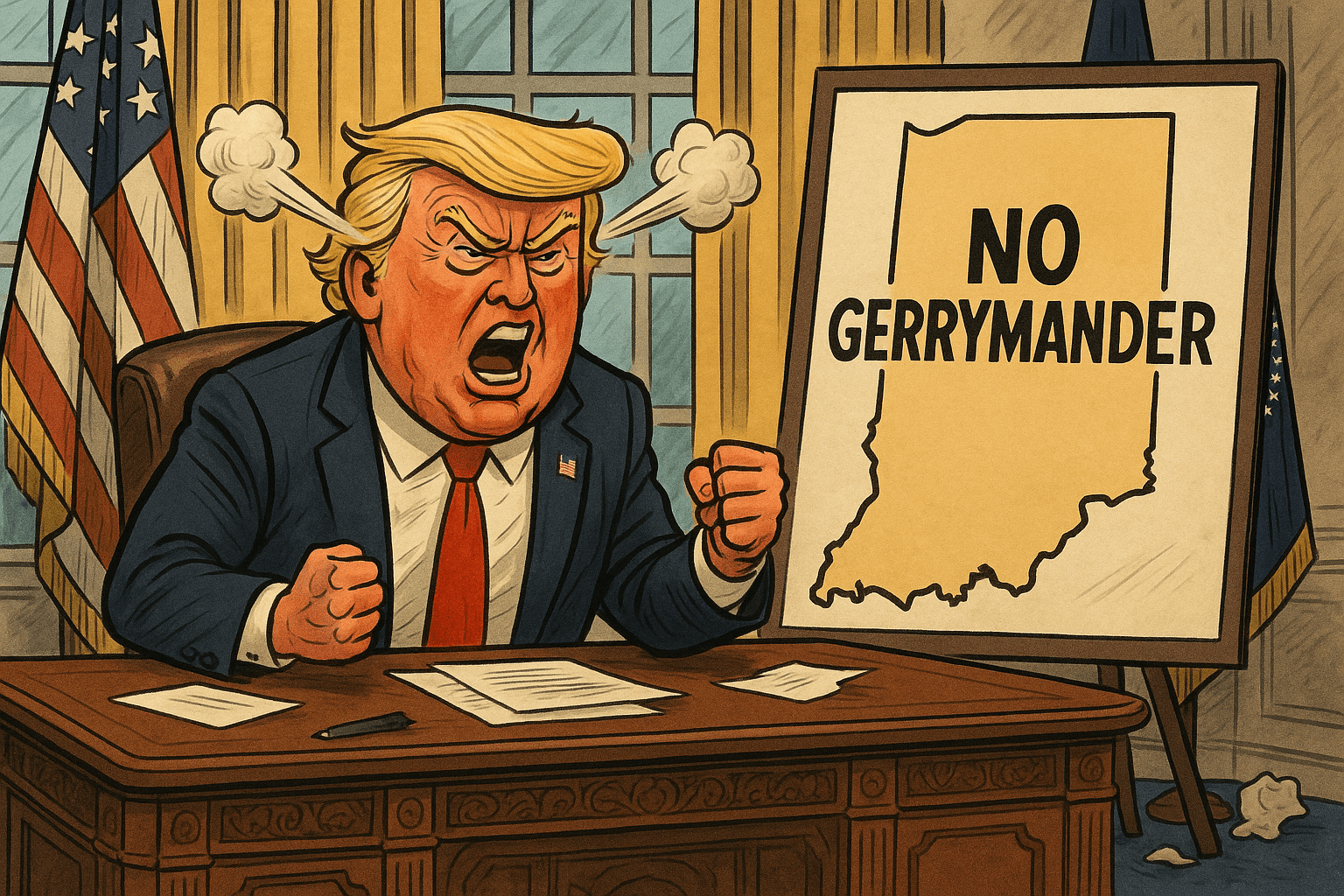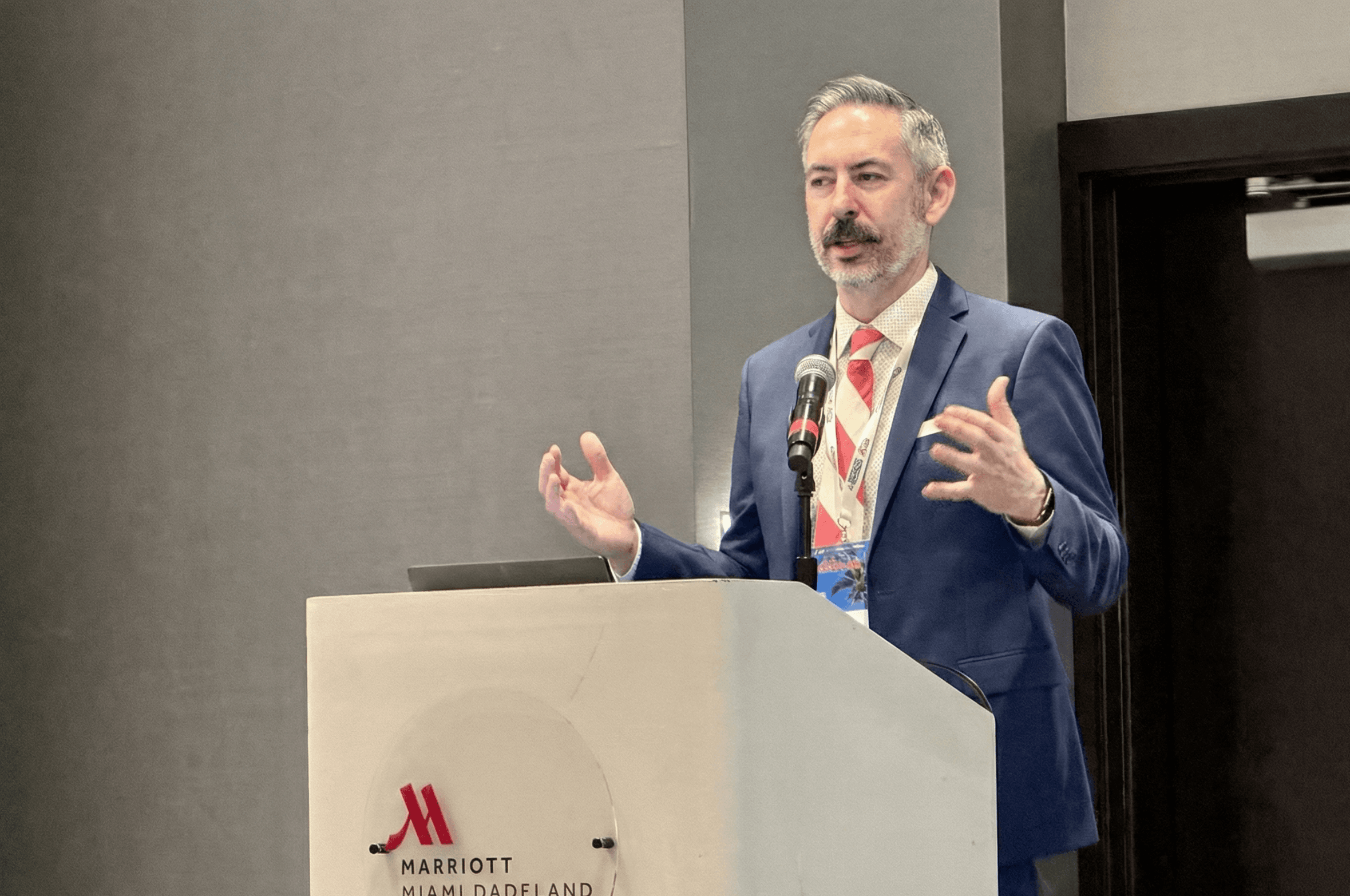Lawsuit Slams Oklahoma Law as ‘Unconstitutional Sabotage’ of Open Primaries

OKLAHOMA CITY – Two Oklahoma veterans – one a pediatrician, the other a U.S. Coast Guard commander – have filed a legal challenge to SB 1027 in Oklahoma, a law they say unconstitutionally targets their statewide citizen initiative to implement open primaries, State Question 836 (SQ 836).
The lawsuit, filed in the Oklahoma Supreme Court, does not specifically call for SB 1027 to be overturned. However, the plaintiffs – Dr. Ken Setter of Tulsa and Tony Stobbe of Edmond – assert that retroactively applying it to SQ 836 violates Article V, Section 54 of the state constitution, which prohibits retroactive laws from altering proceedings already in motion.
SQ 836 was submitted for review in January 2025. SB 1027 wasn’t signed into law until June.
First, What Is SQ 836?
The proposed ballot measure – spearheaded by Oklahoma United – seeks to establish an open primary system that would allow every registered voter in Oklahoma, regardless of party, to participate. Right now, the state uses closed primaries which restrict access to registered party members only.
The law makes it clear that parties have the right to allow independent voters to participate if they choose – giving them the authority to determine the extent of voting rights in Oklahoma.
The lawsuit challenging SB 1027 is not the only legal battle over SQ 836 or the bill. The state’s Republican Party has challenged the constitutionality of the measure, arguing in court that it "creates the false appearance that candidates are endorsed by or affiliated with the party.”
Specifically, SQ 836 eliminates party primaries altogether and establishes a nonpartisan primary system similar to what’s in place in Alaska, California, and Washington. All voters and candidates participate on a single ballot, regardless of party.
And just like the systems in California and Washington, as well as what is used in many local municipalities across the US – including Oklahoma – the top two candidates advance to the general election.
The Oklahoma Supreme Court heard oral argument in this case on June 24. While a decision was not immediately handed down, Vice Chief Justice Dana Kuehn said the court would not violate the peoples’ constitutional power to determine what measures go on the ballot.
“There’s no tension until it’s a law or a constitutional change that then someone challenges and brings to us, and then we decide,” she said.
We don’t even know if they’re going to get enough signatures. We don’t know if the gist (ballot summary) is okay. We don’t know any of those things. And I just want to understand why you think we should be here right now.”
The insinuation here is that the lawsuit was filed prematurely.
Now, What About SB 1027?
As previously reported on IVN, SB 1027 imposes a host of new restrictions on citizen-led initiatives, including stricter signature requirements, funding disclosure rules, and limitations on who can circulate petitions.
Specifically, the bill:
- Caps the number of signatures that can be collected per county: 11.5% of votes cast in the most recent gubernatorial election for statutory changes, and 20.8% for constitutional amendments.
- Gives the secretary of state the power to remove the summary of a proposed ballot measure (called the gist).
- Requires petition gatherers to be registered Oklahoma voters.
- Requires initiative campaigns to refrain from accepting out-of-state donations.
- Requires initiative campaigns to disclose the source of their donations.
Of note is the cap on signatures per county. The bill’s author, House Speaker Kyle Hilbert (R-Bristow), said the bill is about fairness to rural voters. “The metros are getting double the say the rest of the state under the current process,” he said.
However, other states have laws that achieve this outcome without placing a signature cap -- like requiring citizen initiative campaigns to get x number of signatures from each county that go toward the total number of signatures collected.
The Oklahoma Policy Institute found in June that SB 1027 would exclude millions of voters from the petition signature process. There are more than 2.3 million registered voters in Oklahoma, of which 1.15 million voters participated in the last gubernatorial election.
The institute concluded:
“When applying SB 1027’s formula statewide, its requirement would exclude 2.2 million registered voters (or 94.4% of registered voters) from signing a petition for statutory amendments; it would exclude 2.1 million registered voters (or 89.8% of registered voters) from signing a petition for constitutional amendments.”
As the bill can be applied retroactively, it is possible – without court intervention – that it will affect SQ 836, which is what Setter and Stobbe are challenging.
“You don’t have to agree with SQ 836 to see what’s happening here is wrong,” said Setter, a lifelong Republican. “Politicians should not be attempting to stop this measure by sabotaging it with unconstitutional laws. They should let the voters decide.”
Setter added that SB 1027 “doesn’t just bend the rules in favor of powerful politicians—it breaks them entirely for Oklahoma voters.” Stobbe, a politically unaffiliated voter and military veteran, emphasized how the law directly harms nearly half a million independents like him.
“I served my country, not a political party,” he said.
Being politically independent is important to me—and to thousands of veterans and active-duty military across this state. Not being able to vote in Oklahoma’s most meaningful elections is a slap in the face. Having an unconstitutional law try to block the very state question meant to fix that problem is even worse.”
Court Precedent May Be on the Plaintiffs’ Side
The Oklahoma Supreme Court recently upheld similar constitutional protections in its 2024 ruling on State Question 832, reaffirming that new laws cannot disrupt initiative efforts already underway.
Advocates of SQ 836 argue that open primaries are needed in a state in which closed partisan primaries determine the outcome of most general elections. They further assert that the citizen initiative process has long served as a vital check on legislative inaction.
“For a century, Oklahomans of all political stripes have used petitions to solve problems the Legislature either wouldn’t touch or couldn’t get across the finish line,” said Stobbe. “This is bigger than one law—it’s about defending our right to be heard when our government stops listening.”
While Setter and Stobbe’s suit narrowly focuses on the retroactive application of SB 1027 to SQ 836, a separate challenge takes aim at other parts of the law that plaintiffs say restrict political speech and violate constitutional rights.
 Shawn Griffiths
Shawn Griffiths







